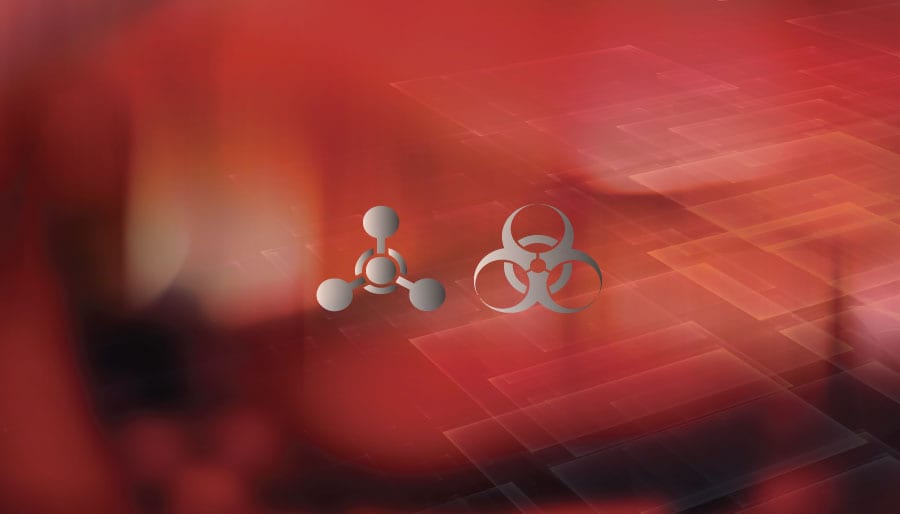Of the atrocities committed by the Assad regime, some of which rise to the level of war crimes and crimes against humanity, few are as inhumane and abhorrent as the repeated use of chemical weapons against civilians.
In August 2013, the Syrian Artillery and Missile Directorate of the Syrian Armed Forces launched rockets carrying the nerve agent sarin, a deadly chemical, on Ghouta, a suburb of Damascus, killing at least 1,400 people, many of them children. Today, we are taking additional action to promote accountability.
The United States remembers and honors the victims and survivors of the Ghouta massacre and the victims of the many other chemical attacks that we assess the Assad regime has launched. We condemn in the strongest possible terms any use of chemical weapons anywhere, by anyone, under any circumstances. The United States calls on the Assad regime to fully declare and destroy its chemical weapons program and provide immediate and unfettered access for the Organization for the Prohibition of Chemical Weapons personnel in accordance with its international obligations.
– ANTONY J. BLINKEN, SECRETARY OF STATE
The Department of State on 24 October 2022 designated three Syrian regime military officials involved in these airstrikes, pursuant to Section 7031(c) of the Department of State, Foreign Operations, and Related Programs Appropriations Act, 2022:
- Brigadier General Adnan Aboud Hilweh
- Major General Ghassan Ahmed Ghannam
- Major General Jawdat Saleebi Mawas
“These persons were involved in gross violations of human rights, namely the flagrant denial of the right to life of at least 1,400 people in Ghouta. As a result of today’s action, Hilweh, Ghannam, and Mawas as well as their immediate family members are ineligible for entry into the United States.”
Secretary Blinken committed to continue supporting Syrian-led and international efforts to ensure there are consequences for the ongoing human rights violations and abuses committed in Syria.
“Our support for the brave Syrians who continue to risk their lives to hold the Assad regime accountable will not waver, and we will pursue every measure to find justice for victims and survivors of atrocities and to promote accountability for those responsible, including the Assad regime and its allies. The United States will continue to stand with and support the Syrian people in their demands for human rights and fundamental freedoms, security, and peace”
READ ALSO:
The Specter of Chemical Weapons Use in Syria
This web resource offers information and analysis on the use of chemical weapons in the Syrian conflict, including the most comprehensive dataset of confirmed attacks compiled to date. Research supported by the Government of Canada, the German Federal Foreign Office, the Robert Bosch Stiftung, and the Ghazi and Badrieh Foundation. (GPPI)
NoImpunity: Will the Newest International Effort to Stop Chemical Attacks In Syria Succeed?
The process of identifying and holding accountable the perpetrators of chemical attacks in Syria has been slow and frustrating. In light of Russian willingness to protect Syria from censure, concerned members of the international community have had to come up with creative ways to hold the Assad regime accountable for its violation of international laws and norms. It must be acknowledged that most of the sanctions that individual countries have levied so far are largely symbolic, since most of the individuals and entities on these lists don’t have assets in, conduct business with, or have an interest in traveling to the countries imposing the sanctions. This is likely truer for lower-ranking Syrians in the military and the chemical weapon production complex who are responsible for producing and delivering chemical weapons. High-ranking Syrian officials — who manage the chemical weapon program and plan the attacks — are more likely to have financial or personal ties to European countries, and so are more vulnerable to being cut off from traveling or conducting business abroad. (War on the Rocks)
Science & Tech Spotlight: Tracing the Source of Chemical Weapons
A set of methods called forensic chemical attribution has the potential to trace the chemical agent used in such attacks to a source. For example, investigators could use these methods to identify the geographic sources of raw materials used to make the agent, for example, or to identify the manufacturing process Such information can aid leaders in deciding on whether or how to respond to a chemical weapons attack. (GAO)



